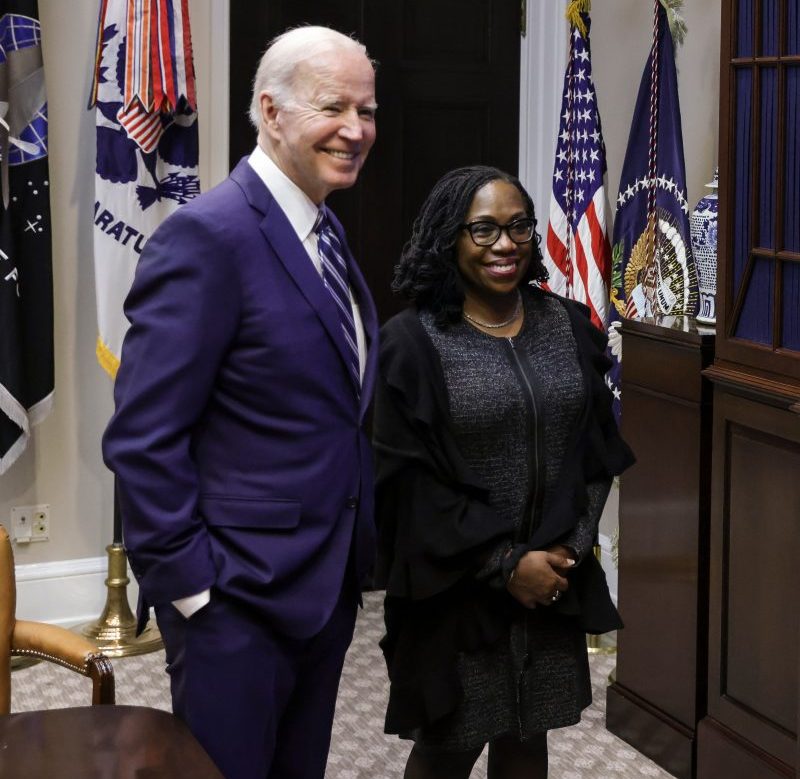
Biden Poised to Back Major Overhaul of Supreme Court: A Game-Changing Move
In light of President Biden’s potential endorsement of significant reforms to the Supreme Court, the landscape of the highest court in the United States may be on the brink of a major transformation. This proposed change could have far-reaching implications on the balance of power within the judiciary and the dynamics of decision-making at the federal level.
One of the key focal points of the proposed reforms is the expansion of the number of Supreme Court justices. Currently, the Supreme Court consists of nine justices, a number that has remained unchanged since 1869. This proposed expansion would see an increase in the number of justices, with the aim of ensuring a more diverse range of perspectives on the bench.
The idea of expanding the Supreme Court is not a new one, and there are arguments both for and against such a move. Proponents of expansion argue that a larger court would better reflect the diversity of opinions in the country and help to mitigate the influence of any one ideological bloc. They believe that a more expansive court would be better equipped to address the complex and multifaceted legal issues that come before it.
On the other hand, opponents of expansion argue that increasing the number of justices could undermine the independence and integrity of the court. They suggest that such a move could be seen as a political ploy to shift the balance of power in favor of one party or ideology. There are also concerns about the potential for a never-ending cycle of court-packing whenever there is a change in political leadership.
In addition to expanding the Supreme Court, other proposed reforms include implementing term limits for justices. Currently, Supreme Court justices serve for life, which can lead to justices serving well into old age, potentially out of touch with modern societal norms and values. Introducing term limits would ensure a more regular turnover of justices, bringing in fresh perspectives and preventing justices from becoming entrenched in their ideologies.
Overall, the potential reforms being considered for the Supreme Court represent a significant departure from the status quo. If President Biden does indeed endorse these reforms, it would mark a major shift in the way the Supreme Court operates and would have profound implications for the future of the judiciary in the United States. The debate over these proposed reforms is likely to be fierce and divisive, reflecting the deep-seated ideological divisions that exist within the country. Ultimately, the fate of these reforms will be determined by the political will of those in power and the willingness of the American people to embrace change in the pursuit of a more just and equitable legal system.
